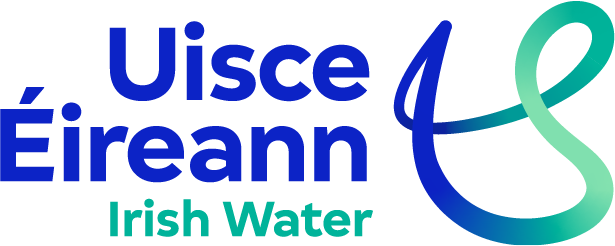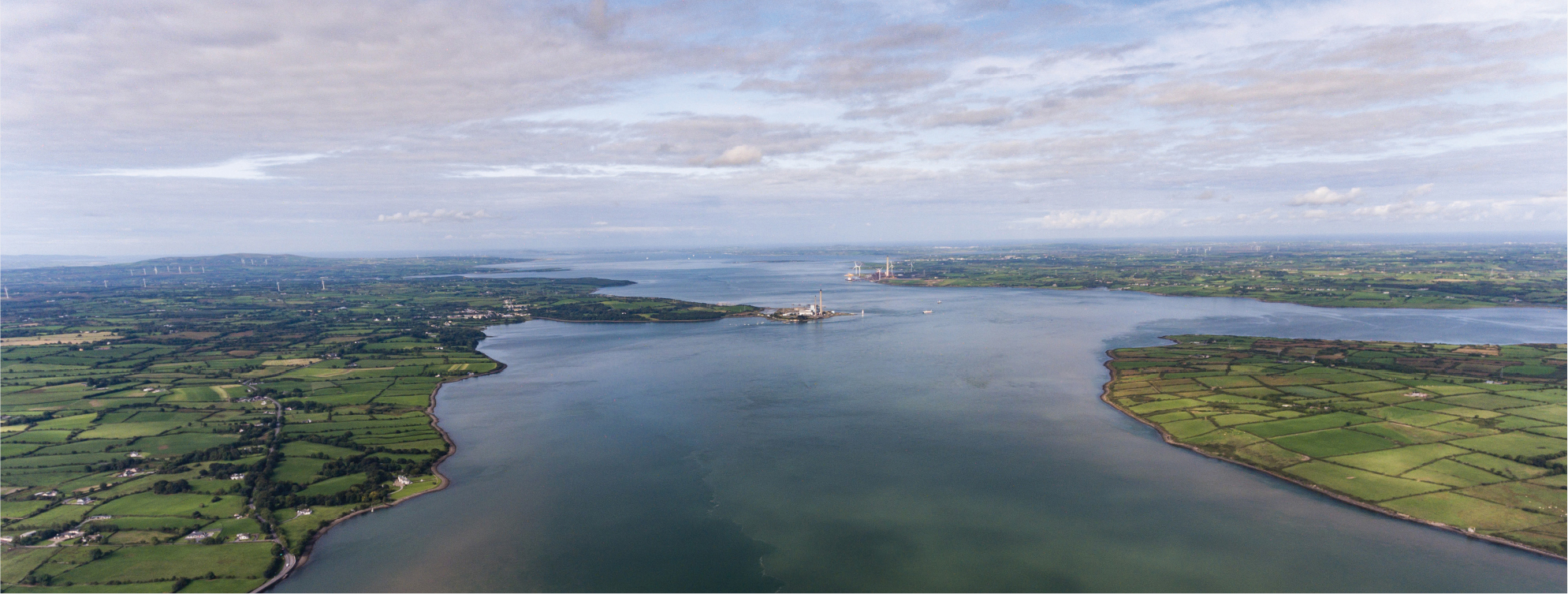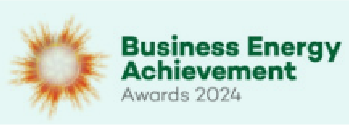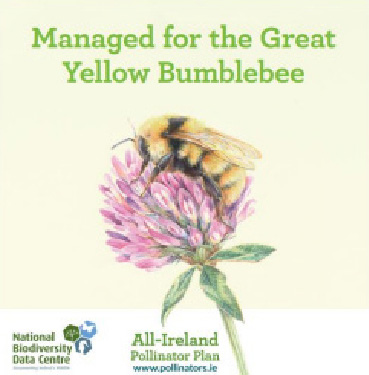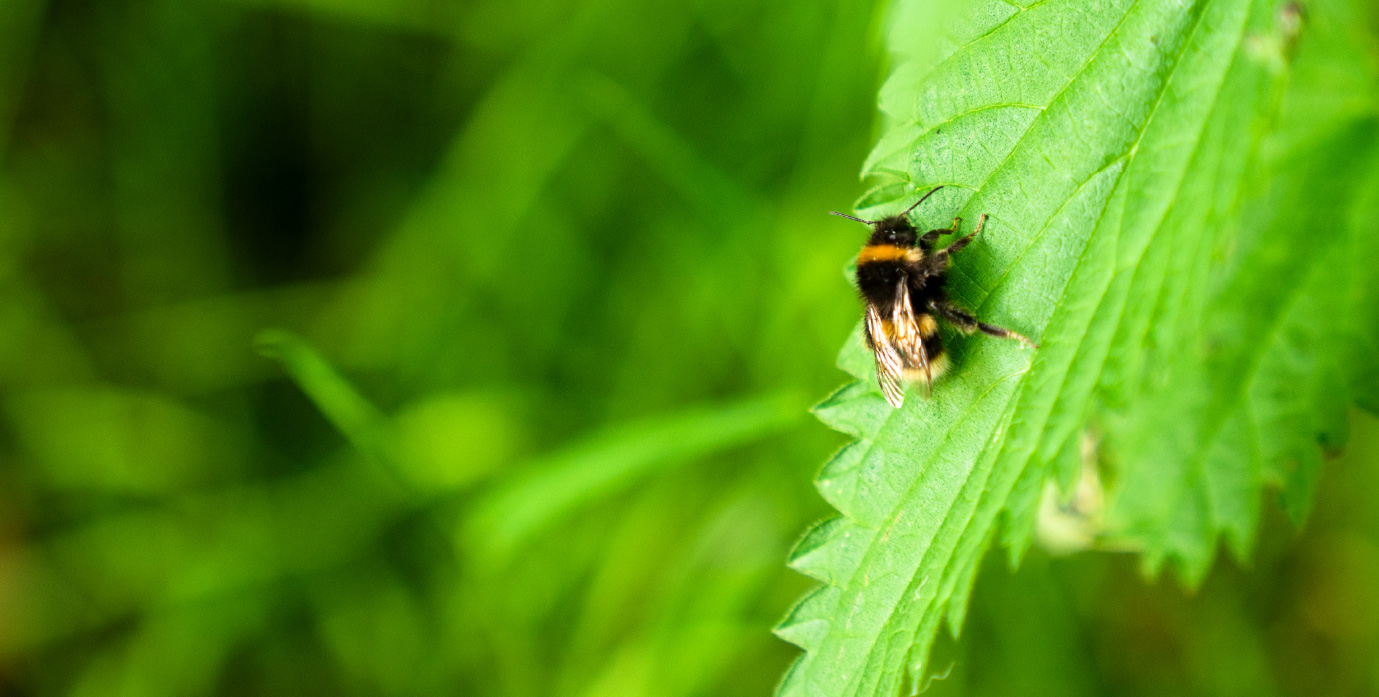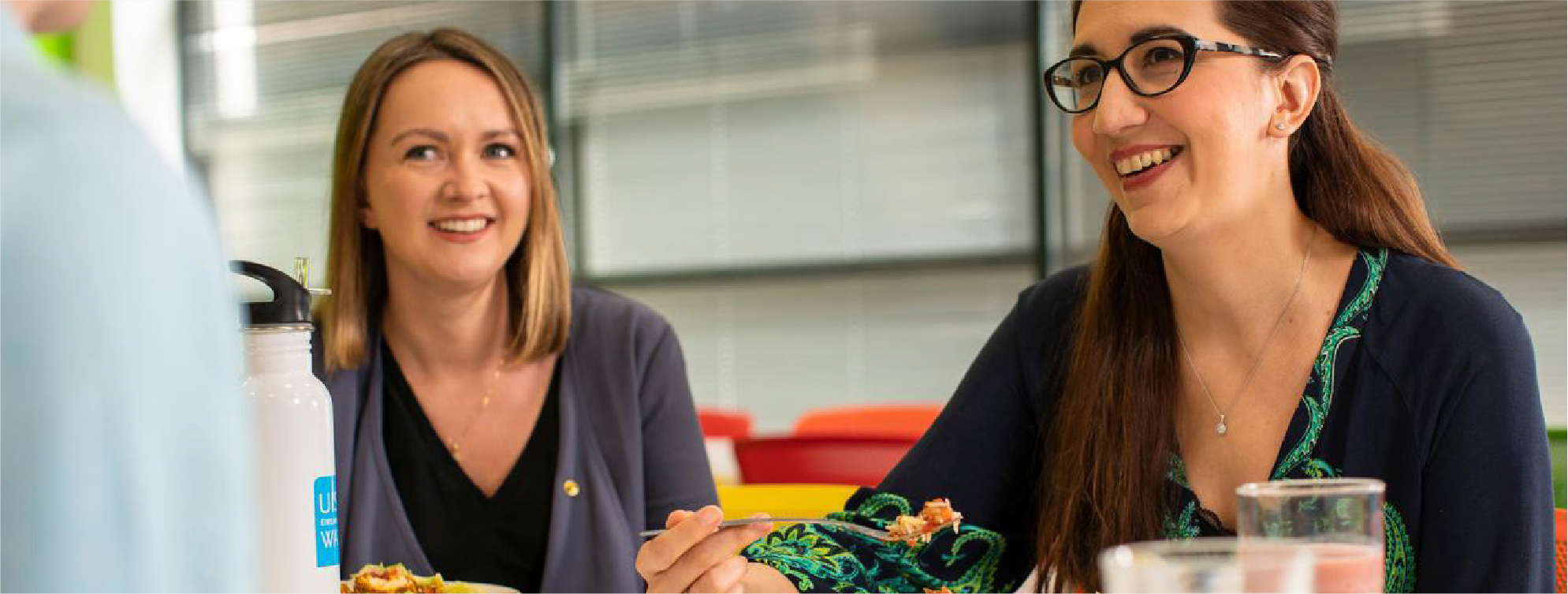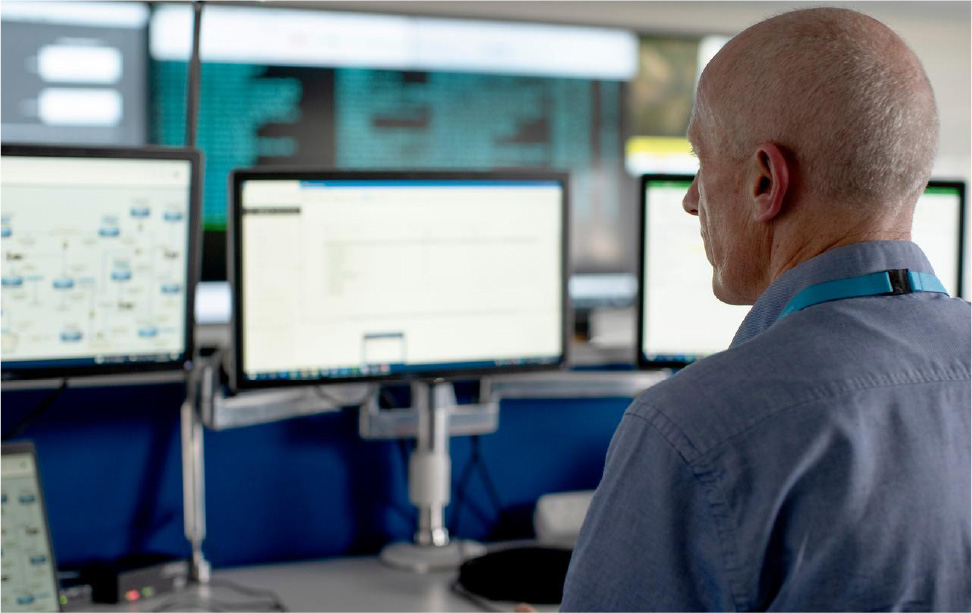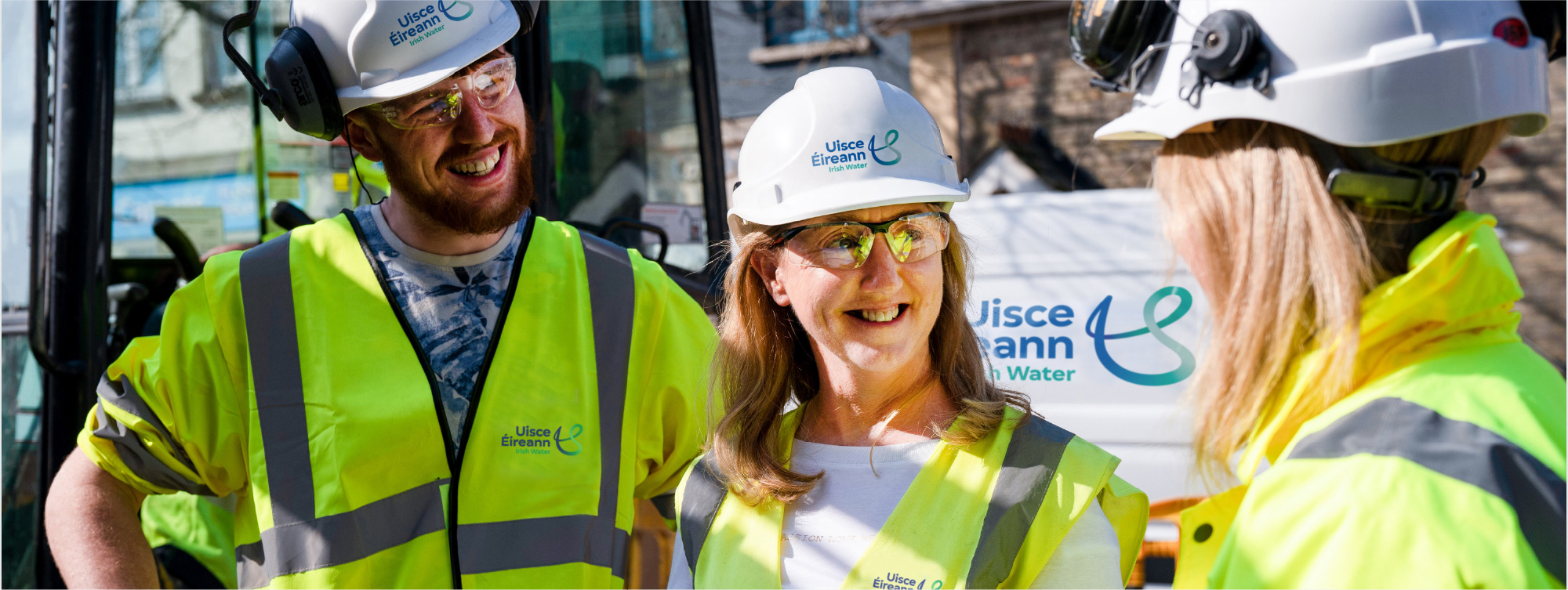Introduction
Sustainability is at the core of Uisce Éireann’s activities and operations. We take pride in enhancing our environment and enabling communities to thrive through the services we provide.
There are four pillars to our sustainability strategy: Environmental, Social, Governance and Collaboration internal and external, which we recognise is key to delivering important sustainable outcomes.
We have made considerable progress in 2024, developing our Sustainability strategy, achieving the Business Working Responsibly Mark, initiating or updating sustainability related design standards and functional specifications to support embedding sustainability into our everyday operations and activities. Our cross-functional governance structure, introduced in 2023 to review all sustainability related decision making, is fully operational and having a real impact in terms of organisational understanding of relevant Environmental, Social and Governance (ESG) related topics. We are focused on not only delivering for today but also for future generations.
Sustainability Strategy
At Uisce Éireann, we are passionate about improving the sustainability of Ireland’s water services, playing our part in building a more sustainable future. Our Sustainability Strategy was finalised in 2024 and we intend to publish it during 2025. This sets out the six key areas we intend to focus our efforts to make meaningful progress in embedding sustainability into day-to-day operations and activities. These include ambitions relating to Net Zero Carbon, Biodiversity, Water Resource Management, Circular Economy, Diversity, Equity & Inclusion, and educating our communities on the value of water. In 2025, Uisce Éireann will commence monitoring and reporting on performance against these ambitions.
Our sustainability strategy aims to bring sustainability to the fore in all decision making, and to embed and monitor our sustainability ambitions and initiatives across Uisce Éireann.
Business Working Responsibly
In 2024, Uisce Éireann was formally accredited with the Business in the Community Ireland (BITCI) Business Working Responsibly Mark, Ireland’s Economic, Environmental, Social and Governance standard. Independently verified by the National Standards Authority of Ireland, it is the standard for sustainability that fosters a culture of responsible business through continuous improvement, ongoing accountability, and leadership and as such represents an important and pivotal moment in Uisce Éireann’s journey to becoming a sustainability exemplar.
As Uisce Éireann continues to make sustainability a key driver in decision making associated with the delivery of transformative water services, this public, independently verified vote of confidence and recognition of our sustainability efforts is an important milestone.

